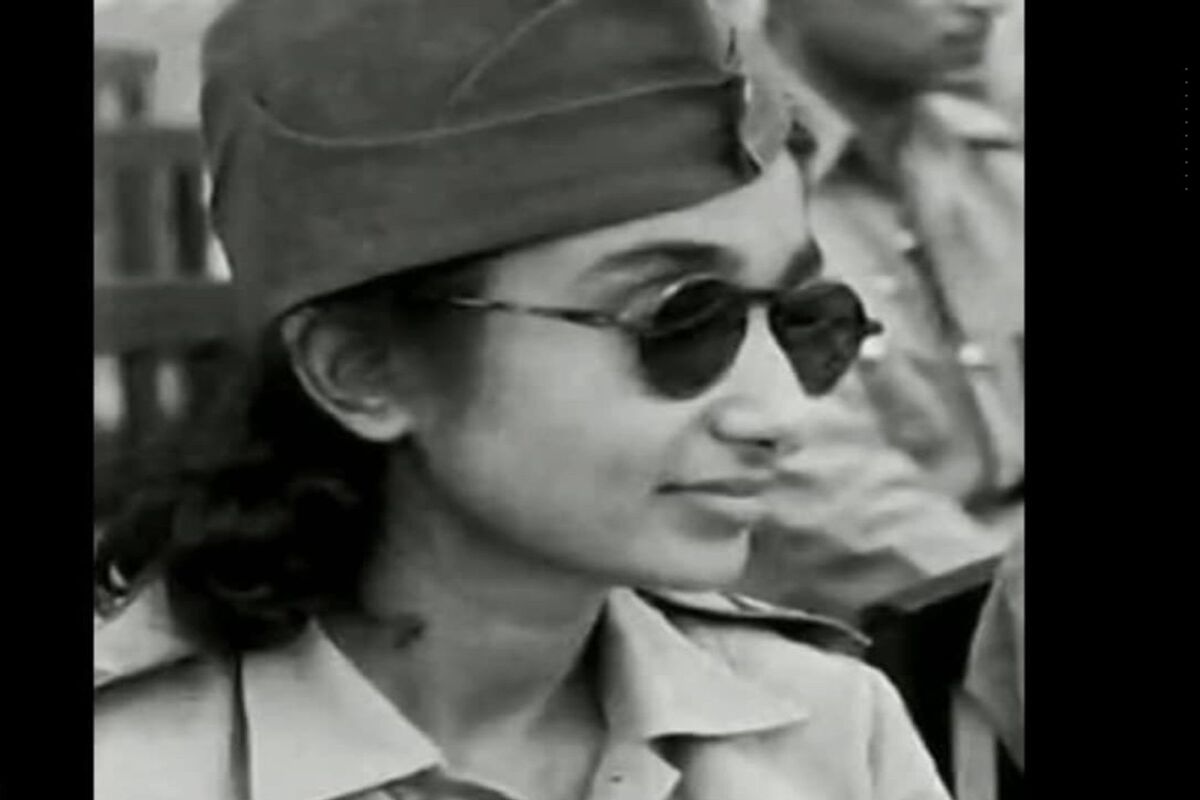Congress slams BJP over poll promises
The BJP government also did not honour its promise of depositing Rs 2,500 into the accounts of every woman voter by March 8 on the occasion of International Women’s Day, said Delhi Congress chief Devender Yadav.
She played an active role in the formation of all-women Infantry Regiment of the INA named after Rani of Jhansi who fought the British Raj in 1857.

File Photo
Captain Lakshmi or Lakshmi Sahgal, a revolutionary of the Indian independence movement, an Officer in Indian National Army, and a Minister of the Women’s Affairs in the Azad Hind Government, dedicated her life to public service in various capacities.
Born as Lakshmi Swaminadhan on October 24, 1914, Cpt. Lakshmi was a medical practitioner, a commander of Subhas Chandra Bose’s Rani of Jhansi Regiment, and also a member of Communist Party of India (CPI). Laxmi was a true revolutionary who broke social conventions since her early childhood and spoke against the caste practices in Kerala.
Advertisement
Sahgal witnessed the freedom struggle with her mother, A.V Ammukutty, a social activist and a freedom fighter who later became a member of Constituent Assembly. Sahgal completed her studies in medicine
from Madras Medical College in 1938.
Advertisement
With the outbreak of Second World War when most doctors were being recruited to serve for imperialist forces, Sahgal went to Singapore, and initiated her medical practice considering Indian diaspora along with several Chinese and Malaysian patients living there. She joined the Indian
Independence League formed by veteran freedom fighter, Rashbehari Bose, in 1941. By 1943, the leadership of the League was taken over by Subhash Chandra Bose along with that of INA, which was formed in February 1942 by Captain Mohan Singh and other Indian prisoners of war.
Sahgal was drawn to the freedom movement by Bose and his charismatic leadership. She played an active role in the formation of all-women Infantry Regiment of the INA named after Rani of Jhansi who fought the British Raj in 1857.
She was the only woman member of the Cabinet of provisional government of the Azad Hind Fauj led by Bose.
After her arrest in 1945, she was brought back to India. In 1947, she married Colonel Prem Kumar Sahgal, who served along with her in the INA.
In the post-independence era, Sahgal resumed her medical practice in Kanpur. She worked with the refugees of post-partition India. She joined CPI/CPM in 1971 and traveled to Kolkata, and worked at the border areas of Bongaon for six weeks providing medical help to the displaced and migrants.
Sahgal was the founding member of All India Democratic Women’s Association which was formed in 1981. The organisation became a suitable platform for her to raise women’s issues consistently, and embark on several campaigns for the same. In 1984, she also went to Bhopal
with a medical team to treat patients of the gas tragedy. She had also confronted frenzied mobs during the anti-Sikh riots of 1984 on the streets of Kanpur ensuring the safety of Sikhs around her clinic.
Sahgal dedicated her life to the country and its people for which she looked for opportunities without thinking for consequences. She continued to look after patients in Kanpur till the age of 92 as she charged a very minimal fee or sometimes nothing at all.
She became the joint candidate for the left parties in the Presidential Election of 2002, and ran against APJ Abdul Kalam, but lost the election. She died on July 19, 2012, due to cardiac arrest at the age of 97 in Kanpur. Her body was donated to Kanpur Medical College for medical research.
Lakshmi Sahgal was also awarded the Padma Vibhushan, the second highest civilian award by the then Indian President K R Narayanan. Her legacy lives on for generations to get inspired by her.
Advertisement